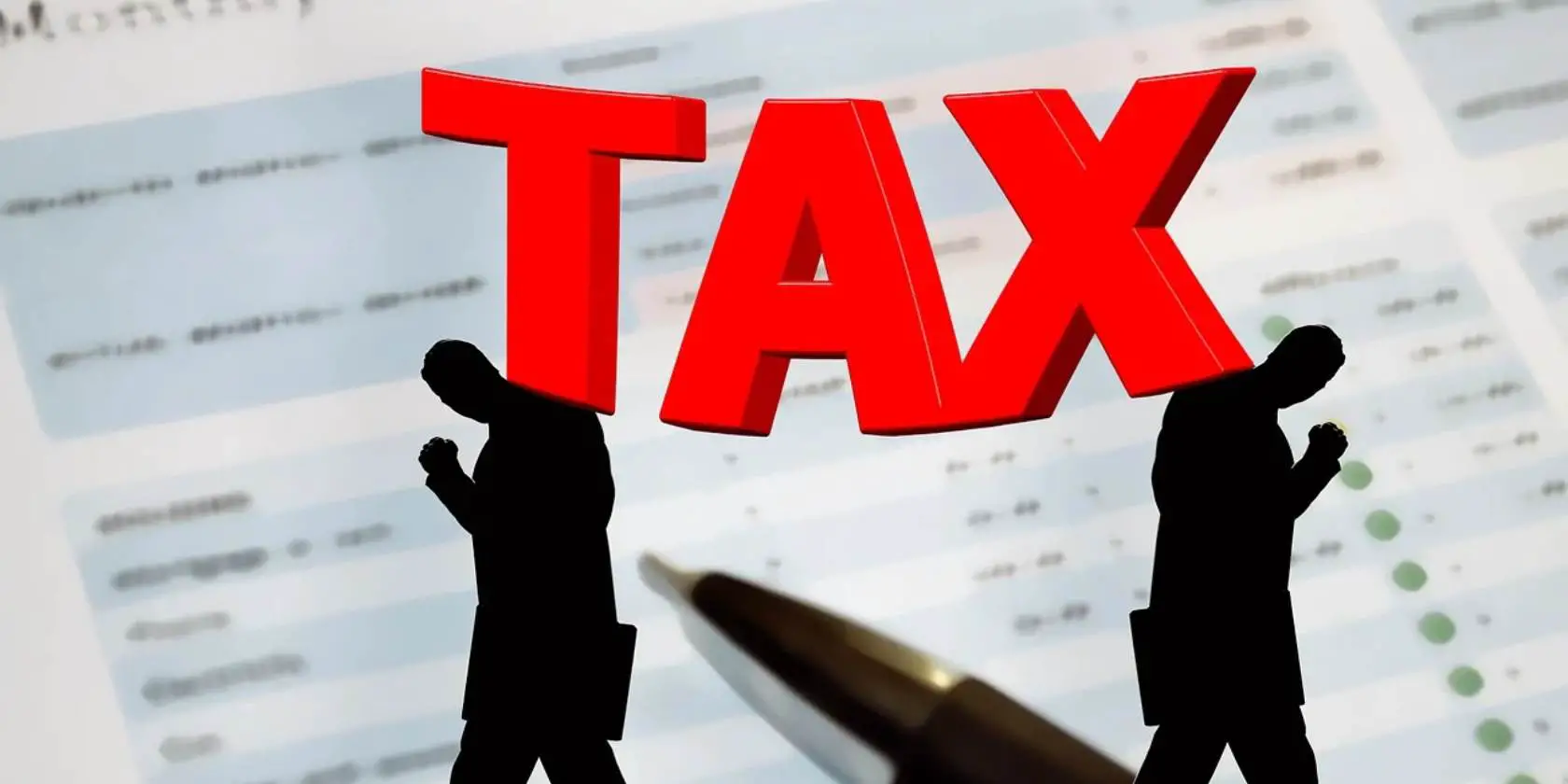Have you ever come across a puzzling charge labeled as “OSPC Tucker” on your bank statement? Understanding the nature of this charge and how to handle it is crucial for maintaining financial awareness and security.
In this article, we will provide insights into what the “OSPC Tucker” bank charge is, guide you on identifying it within your bank statement, and offer proactive measures to prevent its appearance in the future.
The charge can also appear as KCSPC on your bank statement.
What Is the OSPC Tucker Bank Charge?
The OSPC Tucker bank charge on your statement refers to a legitimate payment made to the IRS (Internal Revenue Service) for tax-related purposes.

When you owe taxes to the IRS, they have the authority to deduct the amount owed from any federal payments you may be entitled to receive, such as tax refunds, Social Security benefits, or federal loan disbursements. This process is known as an offset.
If the IRS initiates an offset, the OSPC Tucker charge will appear on your bank statement as an indication that your tax payment has been successfully processed.
It’s important to note that the OSPC Tucker charge is not related to any fraudulent activity. It is a legitimate transaction associated with fulfilling your tax obligations. The specific amount of the charge will depend on the taxes owed and any applicable penalties or interest.
Unauthorized TotalAV charges might be part of a scam. Here’s what you need to know.
How Does the OSPC Tucker Charge Appear on Bank Statement?
The OSPC Tucker charge may appear on your bank statement with different transaction descriptors, depending on your financial institution. Here are some examples of how the charge may be labeled:
- OSPC TUCKER
- OSPC TUCKER IRS
- OSPC TUCKER TAX
- OSPC TUCKER PAYMENT
- OSPC TUCKER OFFSET
- TUCKER OSPC
- TUCKER PAYMENT IRS
- TUCKER TAX OFFSET
- KCSPC Charge IRS
These transaction descriptors may vary slightly, but they generally include the terms “OSPC Tucker,” “KCSPC,” or “Tucker OSPC” along with additional identifiers related to tax payments or offsets.
When reviewing your bank statement, lookout for any of these descriptors to identify the OSPC Tucker charge associated with your tax payment.
It’s important to remember that the OSPC Tucker charge represents a legitimate tax payment to the IRS. However, it’s always a good practice to cross-reference this charge with your tax records and payment history to ensure accuracy.
Here’s everything you need to know the random Wix.com charge you’ve been seeing on your bank statement.
How to Prevent Unauthorized OSPC Tucker Charges
Preventing unauthorized OSPC Tucker charges and ensuring the accuracy of your tax-related transactions is crucial for maintaining financial security. Here are some practical steps you can take to prevent unauthorized charges and protect yourself:
1. Keep Your Personal Information Secure
Safeguard your personal and financial information to reduce the risk of unauthorized access. Be cautious when sharing sensitive details online or over the phone, especially in response to unsolicited requests.
Always ensure you are providing information to trusted and legitimate sources.
2. Regularly Monitor Your Bank Statements

Stay vigilant by reviewing your bank statements regularly. Pay close attention to any unfamiliar charges, including OSPC Tucker or other tax-related transactions.
If you spot any unauthorized charges, notify your bank or credit card provider immediately.
3. Beware of Phishing Attempts
Be cautious of phishing attempts where scammers may try to deceive you into providing personal information or payment details. Watch out for suspicious emails, text messages, or phone calls posing as the IRS or OSPC Tucker.
Remember that the IRS typically communicates through mail and does not use unsolicited electronic communication for important matters.
4. Verify Payment Legitimacy
If you receive any notifications or emails regarding OSPC Tucker charges that you do not recognize or did not initiate, independently verify their legitimacy.
Contact the IRS directly using their official website, phone number (800-829-1040), or any reputable contact information to inquire about any OSPC Tucker charges associated with your tax payments.
5. Keep Clear Records of Your Tax Payments
Maintain accurate records of your tax payments, including receipts, confirmations, or any documentation provided by the IRS. Cross-reference these records with your bank statements to ensure the OSPC Tucker charges align with your tax payment activities.
6. Contact the IRS for Clarification
If you have any doubts or concerns about OSPC Tucker charges on your bank statement, directly contact the IRS using their official channels. They can provide information and clarify any discrepancies related to your tax payments.
Understanding Random OSPC Tucker Bank Charges
By following these preventive measures and staying informed, you can confidently manage your finances and protect yourself from potential fraudulent activities masquerading as the “OSPC Tucker” charge.
Remember, maintaining financial awareness and verifying the legitimacy of charges on your bank statement are essential steps towards safeguarding your financial well-being.
Read more to find out why you see a charge labelled Uber Trip Help on your credit card statement.
